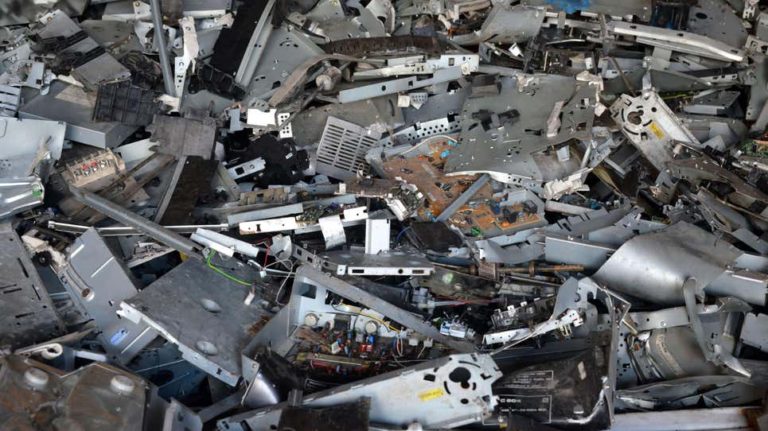Kosovo Bans Cryptocurrency to Address Energy Crisis

Kosovo’s government banned cryptocurrency mining on Tuesday in an effort to reduce electricity consumption as the country faces the worst energy crisis in a decade due to production outages.
“All law enforcement agencies will halt this activity in collaboration with other relevant institutions that will identify the locations where cryptocurrency production occurs,” Economy and Energy Minister Artane Rizvanolli said in a statement.
Many young people in Kosovo have become involved in cryptocurrency mining as a result of low power prices in recent years.
Kosovo’s government banned cryptocurrency mining on Tuesday in an effort to reduce electricity consumption as the country faces the worst energy crisis in a decade due to production outages.
“All law enforcement agencies will halt this activity in collaboration with other relevant institutions that will identify the locations where cryptocurrency production occurs,” Economy and Energy Minister Artane Rizvanolli said in a statement.
Many young people in Kosovo have become involved in cryptocurrency mining as a result of low power prices in recent years.
Authorities were forced to implement power cuts last month due to coal-fired power plant outages and high import prices.
European gas prices increased by more than 30% on Tuesday, as low Russian supplies fueled fears of an energy shortage as colder weather approached.
Kosovo declared a state of emergency for 60 days in December, allowing the government to spend more money on energy imports, implement more power outages, and impose harsher measures.
One miner, who spoke on the condition of anonymity and owns 40 GPUs (Graphics Processing Units), told Reuters that he pays about EUR 170 per month for electricity and earns about EUR 2,400 per month from mining.
Coin mining has increased in northern Kosovo, which is primarily populated by Serbs who do not recognize the state of Kosovo and refuse to pay for electricity.
The 1.8 million-person country is now importing more than 40% of its consumed energy, with high demand during the winter, when people use electricity primarily for heating.
In Kosovo, lignite, a soft coal that emits toxic pollution when burned, accounts for roughly 90% of energy production.
According to official figures, Kosovo has the world’s fifth largest lignite reserves, with 12-14 billion tonnes.







